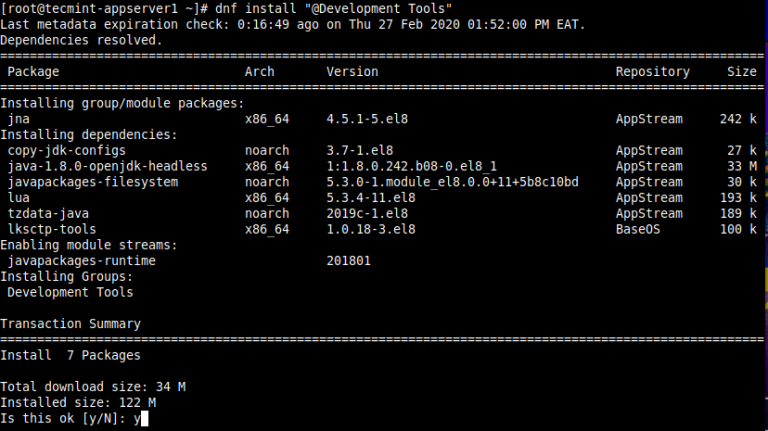

In your Perl script, use the local::lib module to have your local library searched when modules are loaded:.
#Install perl modules install
$ perl -MCPAN -Mlocal::lib -e 'CPAN::install(Math::Matrix)' Perl modules, After you install Perl, you might need to install the Perl modules.

If you're using the bash shell, add the following lines to your ~/.bashrc file (replace username with your IU username):Įxport PERL_MM_OPT="INSTALL_BASE=/N/u/username/Carbonate/perl5"Įxport PERL5LIB="/N/u/username/Carbonate/perl5/lib/perl5:$PERL5LIB"Įxport PATH="/N/u/username/Carbonate/perl5/bin:$PATH"Įval $(perl -I$HOME/perl5/lib/perl5 -Mlocal::lib).Modify your environment to use the new library of modules:.You'll see the following output (replace username with your IU username): commit: wrote '/N/u/username/Carbonate/.cpan/CPAN/M圜onfig.pm' Please use 'o conf commit' to make the config permanent! At the first CPAN prompt ( cpan>), enter:.Configure the CPAN module to install new modules in your home directory:.When returned to the shell prompt, run the CPAN module enter:.
#Install perl modules full
You can find the full list of available CPAN modules in the official documentation. We will use the cpan command to install Perl modules.
#Install perl modules how to
You can do it using the SSH connection, the guide on how to access your account via SSH can be found here. This creates a directory called /MailTools-2.14. Still, it is possible to install any Perl module via the command line without C compiler enabled. You'll see output indicating autoconfiguration is complete, with M圜onfig.pm written to the following directory (replace username with your IU username): /N/u/username/Carbonate/.cpan/CPAN/M圜onfig.pm' Installing the required Perl modules Extract MailTools-2.14.tar.gz: tar -xvf MailTools-2.14.tar.gz.


 0 kommentar(er)
0 kommentar(er)
